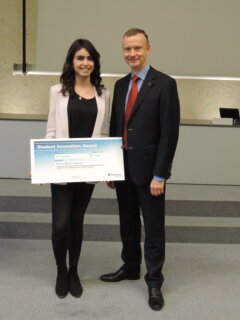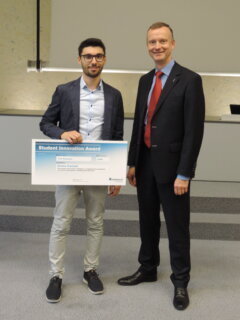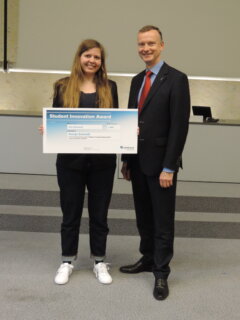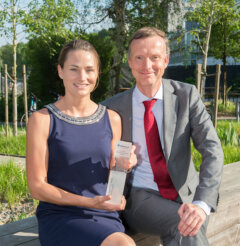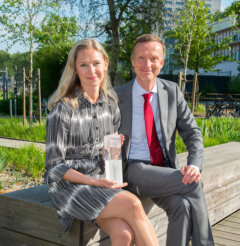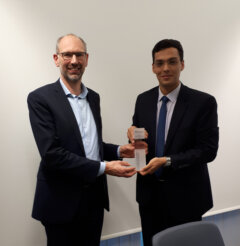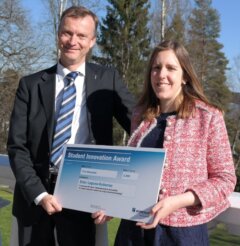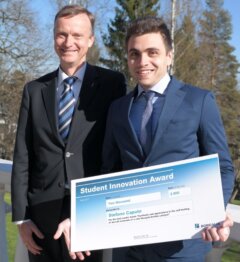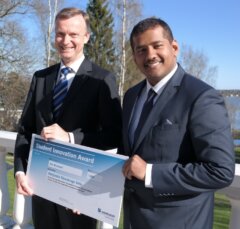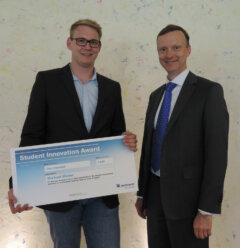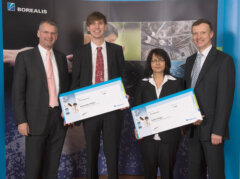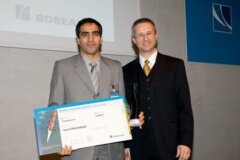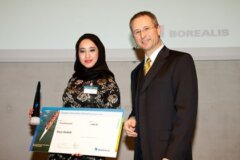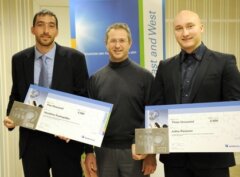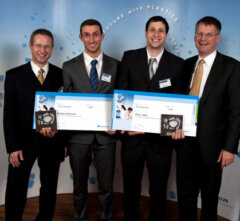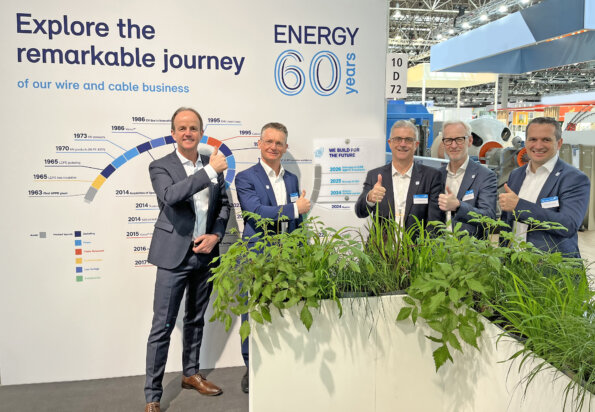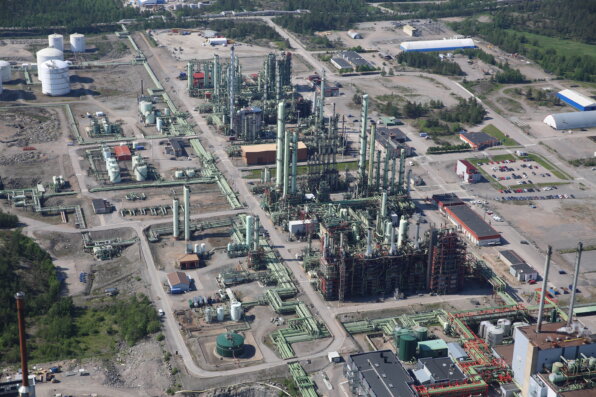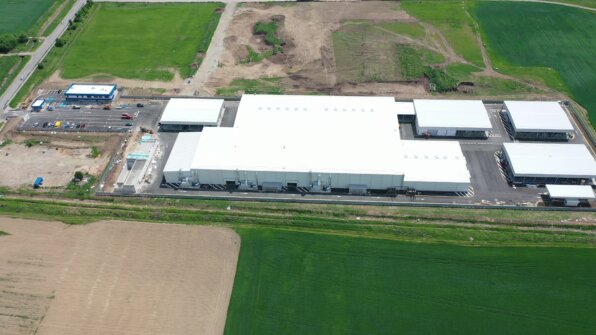Borealis Scientific Innovation Award
Borealis created the Scientific Innovation Award to celebrate innovation and to give a platform to ideas with the power to impact the world. Our goal is to accelerate the circular transformation by encouraging the dedication and diligence needed to drive sustainable progress.

-
On 17 October 2023, the Borealis Innovation and Technology team announced the winners of the Borealis Scientific Innovation Award (BSIA) at the Borealis Innovation Day in Linz, Austria. Congratulations to Magdalena Góra, Paul Johann Freudenthaler, and Martina Seier for your impressive submissions! To find out more about the winners, check out our media release.
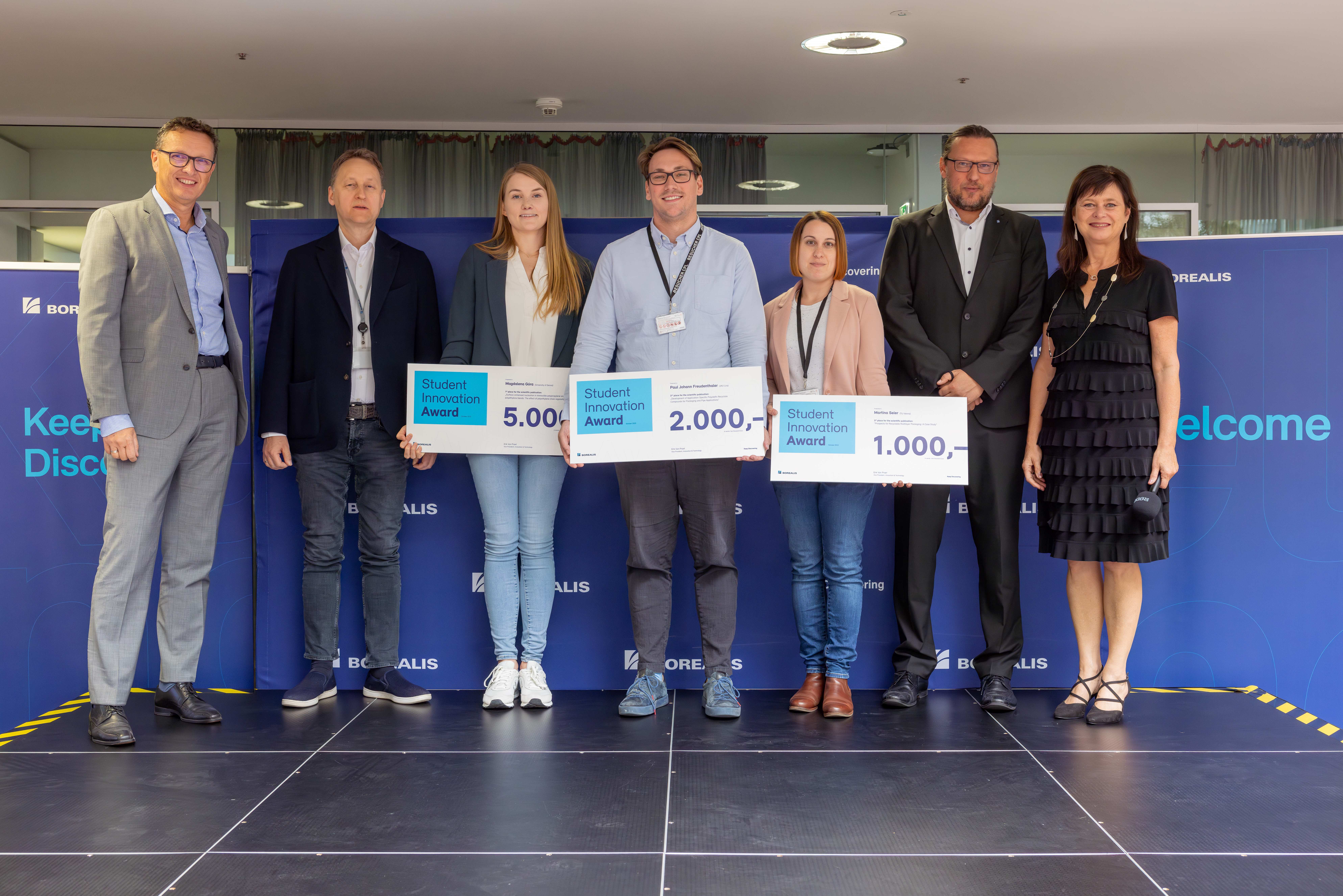
What Is the Scientific Innovation Award?
As a global industry leader in innovative solutions and technologies, Borealis has already placed sustainability firmly at the core of our business, but we still have work to do.
Each year, we look for pioneering ideas to shape the future of our industry and our planet. We want to hear from bold, disruptive thinkers from the professional and academic scientific communities, from entrepreneurs to university researchers, so that, with your help, we can re-invent essentials for sustainable living.
Our vision is to lead a sustainable transformation by putting innovative plastic and base chemical solutions to work, bringing about a future that is fully circular. Making this a reality will require fresh thinking, so the Award recognizes scientific papers that contribute new ideas to areas of pressing concern.
A panel of high-level Borealis research representatives assesses submissions and chooses the three best ideas from among them which will be honored with the Borealis Scientific Innovation Award.
Guidelines for Applicants
Who can apply?
The competition is open to researchers, entrepreneurs and professionals in the fields of chemical engineering and sustainability with research in one of the selected areas.
What are the criteria for applications?
Your application needs to take the form of a peer-reviewed publication or thesis that describes an innovative idea concerning either the reduction of greenhouse gasses by means of renewable materials, carbon neutral production of hydrocarbons, or the sustainable manufacturing and use of polyolefins.
What are the steps to apply?
- Complete a short application form, and supply either a copy of your peer-reviewed publication or thesis, or the abstract.
- Optionally, you may include any further relevant documentation, as well as a cover letter.
- The deadline for applications for next year’s Award is still to be determined. Follow our social media accounts to be informed when the call for new applications takes place!
Previous Winners
Since 2008, Borealis has encouraged and rewarded innovative ideas with our former Student Innovation Award, gathering over 270 applications from students across 56 countries. We are grateful to all of the talented individuals who have shared their ideas with us over the years, and we’re particularly proud of our previous award winners. Many have helped shape the work we do at Borealis, and some have even joined us, working in our teams of scientists to find solutions that help accelerate the transition to a circular economy. Others have gone on to have distinguished careers in academia or other areas of industry. Whatever our finalists’ path, we’re pleased to have been able to celebrate their success by integrating their ideas and discoveries into our research, and collectively drive sustainable progress for our industry.






